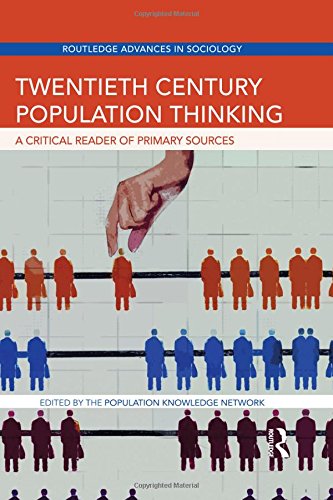

Most ebook files are in PDF format, so you can easily read them using various software such as Foxit Reader or directly on the Google Chrome browser.
Some ebook files are released by publishers in other formats such as .awz, .mobi, .epub, .fb2, etc. You may need to install specific software to read these formats on mobile/PC, such as Calibre.
Please read the tutorial at this link: https://ebookbell.com/faq
We offer FREE conversion to the popular formats you request; however, this may take some time. Therefore, right after payment, please email us, and we will try to provide the service as quickly as possible.
For some exceptional file formats or broken links (if any), please refrain from opening any disputes. Instead, email us first, and we will try to assist within a maximum of 6 hours.
EbookBell Team

5.0
98 reviewsThis reader on the history of demography and historical perspectives on "population" in the twentieth century features a unique collection of primary sources from around the globe, written by scholars, politicians, journalists, and activists. Many of the sources are available in English for the first time. Background information is provided on each source. Together, the sources mirror the circumstances under which scientific knowledge about "population" was produced, how demography evolved as a discipline, and how demographic developments were interpreted and discussed in different political and cultural settings. Readers thereby gain insight into the historical precedents on debates on race, migration, reproduction, natural resources, development and urbanization, the role of statistics in the making of the nation state, and family structures and gender roles, among others. The reader is designed for undergraduate and graduate students as well as scholars in the fields of demography and population studies as well as to anyone interested in the history of science and knowledge.